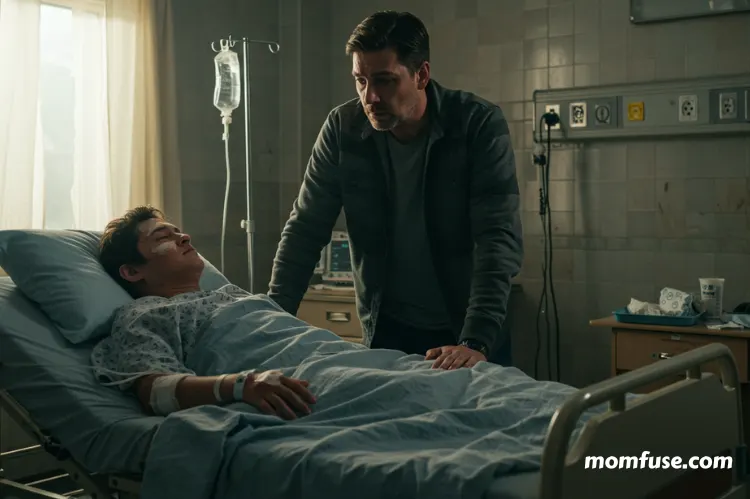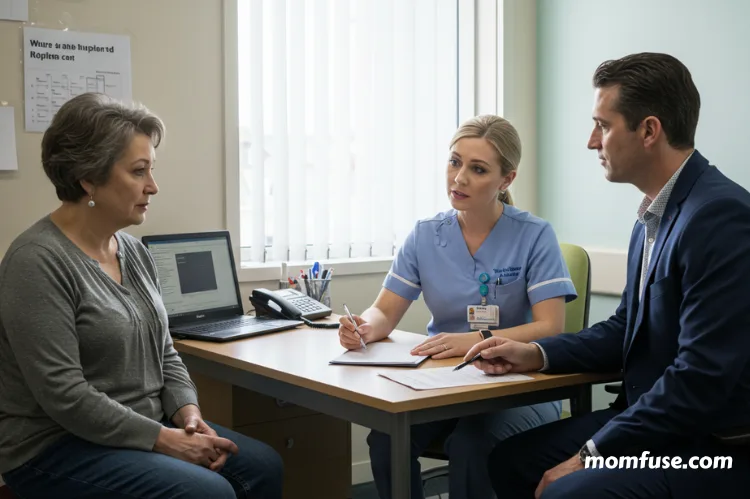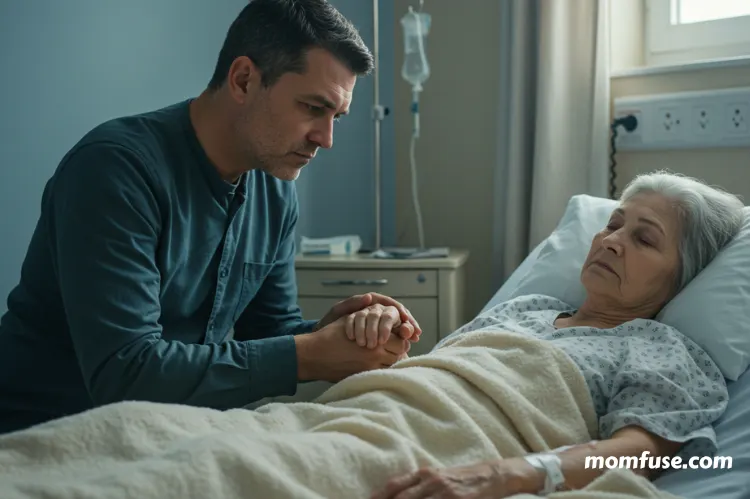When a family member is admitted to a hospital, you place your trust in the staff to provide compassionate, competent care. In most cases, that trust is well-placed, and patients receive the attention they need to recover. But there are unfortunate times when a patient’s treatment falls short, leading to unnecessary suffering or even harm. When this happens, families often feel anger, frustration, and uncertainty about what to do next.
Mistreatment in a hospital setting can take many forms. It may involve medical errors, neglect, verbal abuse, or failure to follow established care protocols. In some situations, these issues cause lasting harm that could have been prevented with proper diligence. Understanding the steps you can take is critical to both addressing the incident and protecting your loved one’s rights.
Recognizing the Signs of Mistreatment

The first step is being aware of the signs that something is wrong. Mistreatment can be subtle or obvious, but it often includes symptoms that warrant concern. Unexplained injuries, sudden changes in health without a reasonable explanation, or a decline in hygiene standards may point to a problem. Emotional indicators, such as withdrawal, fear, or sudden anxiety around certain staff members, can also be red flags.
Documentation is key here. Keep detailed notes on what you observe, including dates, times, names of staff involved, and the exact circumstances. The more information you have, the stronger your position will be if you decide to take action.
Documenting and Preserving Evidence
Evidence is crucial in any case involving hospital mistreatment. Beyond written notes, gather medical records, treatment plans, photographs of injuries, and copies of any correspondence with the hospital. If conversations occur with staff members, record the details immediately afterward.
These records can provide a clear timeline and demonstrate whether the hospital’s care deviated from established medical standards. If the issue escalates into a legal case, such evidence becomes invaluable.
Communicating Concerns Internally First

Before pursuing formal legal action, it’s often wise to address the problem within the hospital’s administrative system. Request a meeting with the attending physician, nurse manager, or patient advocate. Explain your concerns calmly and present your documentation.
Hospitals have internal processes for handling patient complaints, and in some cases, they may be able to resolve issues directly. While this doesn’t guarantee results, it creates a formal record of your complaint, which can be important later.
Seeking Outside Medical Review

Sometimes families are unsure whether what occurred qualifies as mistreatment or malpractice. Seeking an independent medical review from a physician outside the hospital can help clarify the situation. An outside expert can evaluate whether the care met accepted medical standards and, if not, how it fell short.
This review is especially important if you are considering further legal action. It provides an objective assessment of the harm caused and its likely origin.
Exploring Legal Options

When the harm is significant and the hospital fails to take responsibility, speaking with a legal professional experienced in medical cases becomes a critical step. Consulting hospital negligence attorneys is often the next step. These professionals specialize in holding healthcare providers accountable for substandard care. They can evaluate the strength of your case, explain your rights, and guide you through the legal process. A qualified attorney will also ensure deadlines are met and evidence is preserved in a manner that supports your claim.
Engaging legal help does not necessarily mean you will end up in court. Many cases are resolved through settlement negotiations, which can provide compensation and closure without a lengthy trial.
It’s also worth understanding that medical malpractice laws vary by state, so working with an attorney familiar with local regulations is crucial for building a strong case.
Considering the Emotional Impact

Hospital mistreatment can have a lasting emotional toll on the patient and their family. Feelings of betrayal, stress, and anxiety may linger long after the incident. For some patients, these experiences may also contribute to post-traumatic stress symptoms.
Support groups, counseling, and community resources can play an important role in helping families cope. Taking care of emotional well-being is as important as addressing the practical aspects of the situation.
Protecting Other Patients
Raising concerns about hospital mistreatment is about preventing harm to others. By speaking out, you may help bring attention to systemic issues, whether that’s understaffing, poor training, or a lack of accountability. Reporting the incident to state health departments, licensing boards, or professional associations can prompt further investigation.
Whistleblowing can be daunting, but it’s an important way to drive change within healthcare systems that might otherwise continue harmful practices unchecked.
Monitoring Recovery and Ongoing Care

Even after the immediate issue is addressed, it’s essential to continue monitoring your loved one’s care. This is particularly true if they remain in the same facility or require long-term treatment. Maintain communication with staff, request regular updates, and stay alert to any recurring issues.
Establishing yourself as an engaged, informed advocate signals to healthcare providers that you are paying attention. This often leads to more careful and responsive care.
When a loved one is mistreated in a hospital, the path forward can feel overwhelming. Yet by recognizing the signs of poor care, documenting evidence, and seeking both internal and external reviews, you give yourself a clear framework for action. Consulting qualified legal professionals can help protect your family’s rights and ensure accountability for the harm caused.
Mistreatment in healthcare settings is not something families should have to endure silently. Whether your next step is filing a formal complaint, pursuing legal action, or raising awareness to protect others, you have the ability to make a meaningful impact. By combining vigilance, persistence, and professional guidance, you can work toward both justice for your loved one and improvements in the care others receive in the future.
Read Next: How to Stay Present as a Parent While Recovering from an Injury

